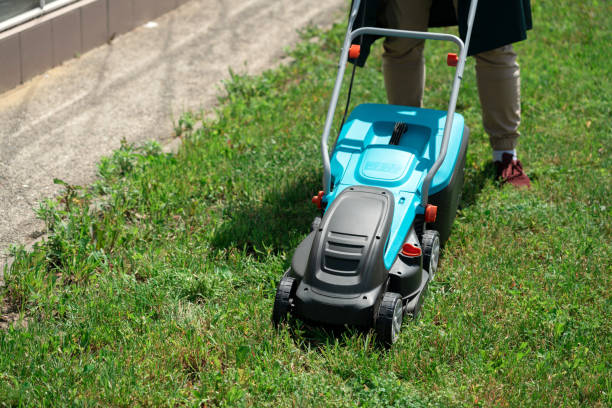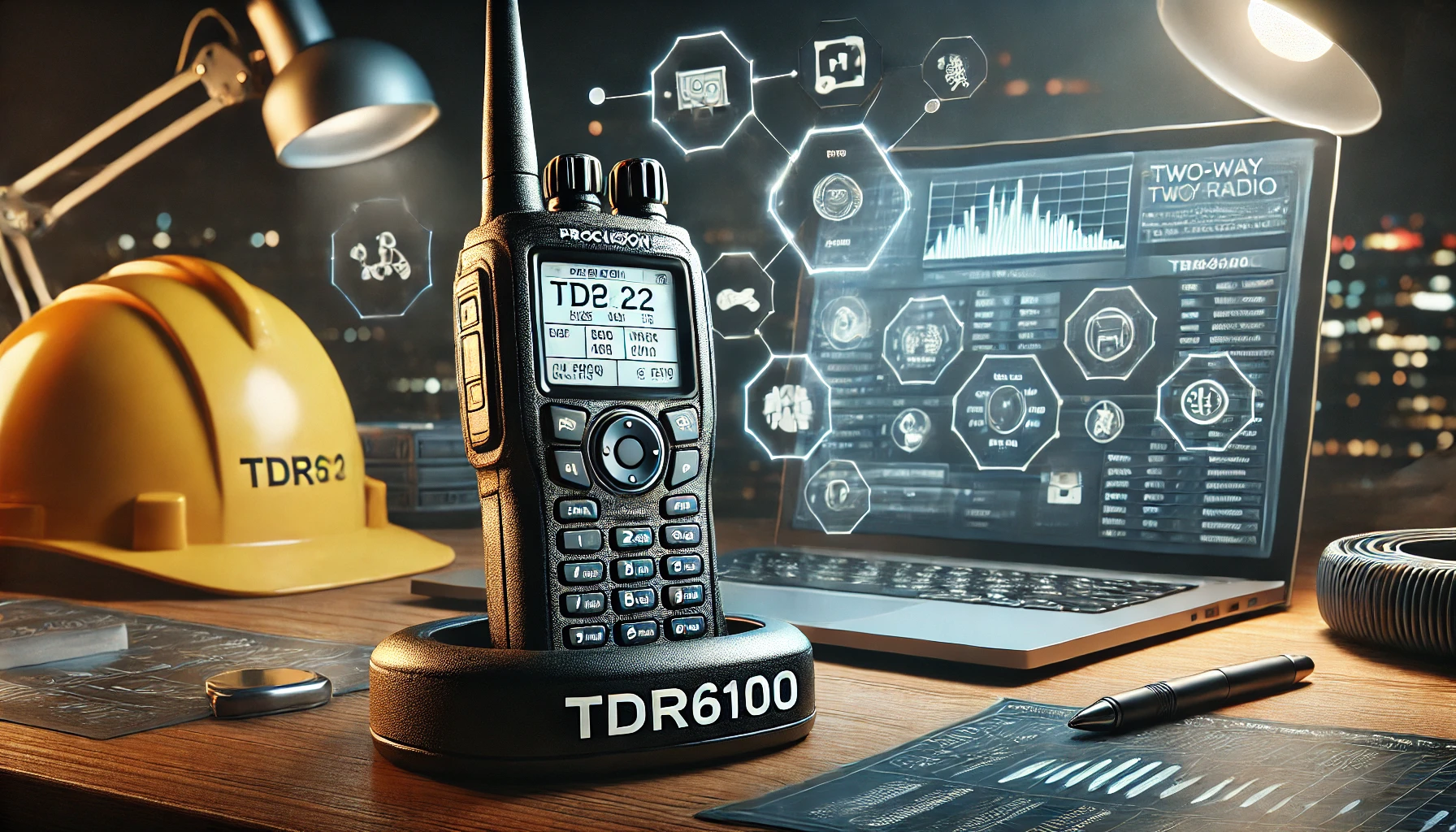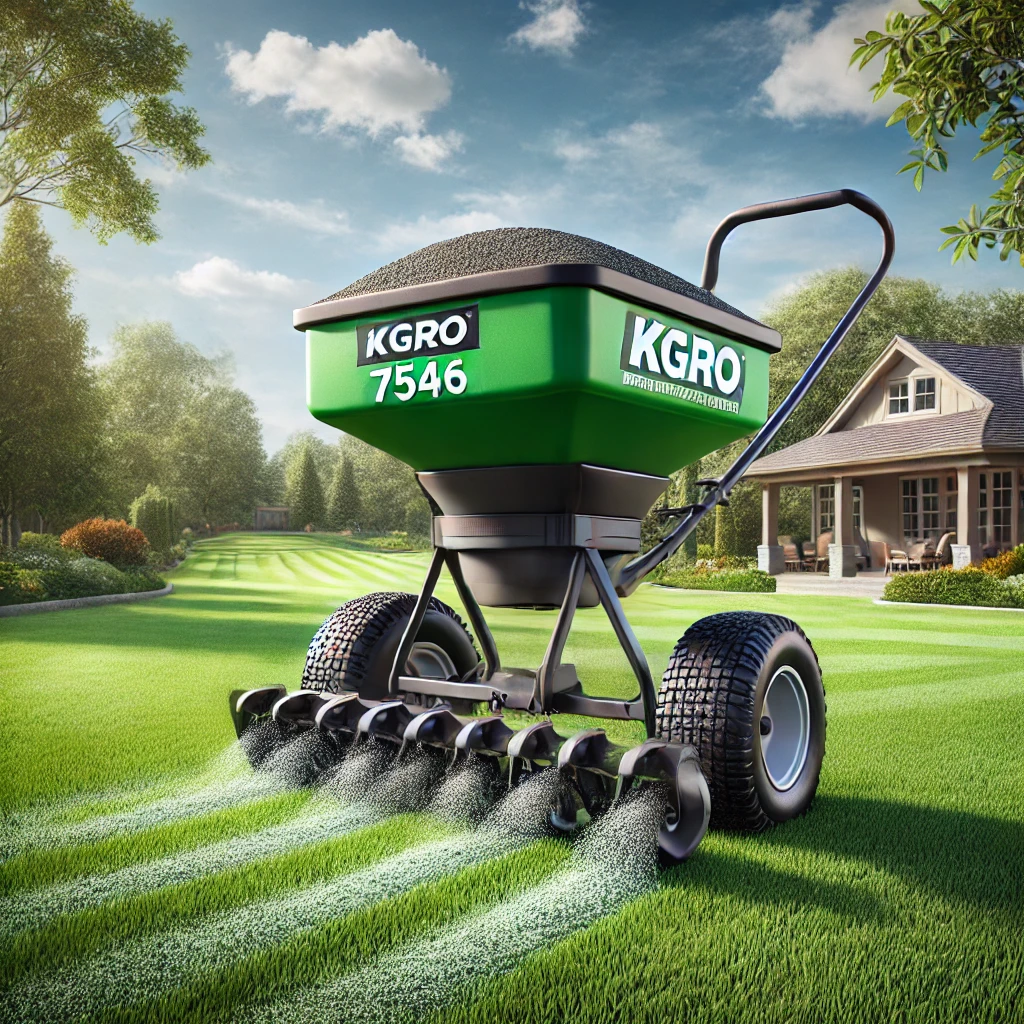Mowing the lawn is a routine domestic task, but it’s worth considering the safety and health implications, especially for pregnant women. There is no recombinant scientific evidence that points out the connection between mowing the lawn and miscarriages. This kind of work is related to physical efforts such as bending, lifting, and being exposed to harmful chemicals, though one’s health or the term pregnancy can make it dangerous.
When the pregnancy reaches its third trimester, expectant mothers should stay away from heavy lifting and vigorous exercises that may cause harm to them or their babies. The noise from a lawn mower might be high, but it does not imply danger for the unborn child in question; yet, it can bring about tension in the mother, thus affecting her as well. Moreover, pregnant women might inhale potentially dangerous chemical fumes from lawns sprayed with pesticides.
Although mowing lawns does not directly cause miscarriages, there are several factors involved that can indirectly increase risks during pregnancy. The best thing is to always consult with your doctor about what is safe to do during your gestation period and consider delegating some potentially risky tasks to others just in case.
How to Safely Mow Your Lawn While You’re Pregnant?
When you’re pregnant, life seems like an all-consuming mission complete with doctor’s appointments, baby registries, nesting instincts, and some daily tasks such as mowing that require a different approach.
For many expectant mothers who wonder how they can keep their yard clean while pregnant, oftentimes this means balancing between participating in favorite gardening activities without compromising personal safety as well as that of your unborn child. This is a guide for pregnant women who would like to have beautiful yards and be safe throughout.
Assessing the Risks of Lawn Mowing During Pregnancy
Pregnancy is an astonishing time in someone’s life, though it comes with some physical difficulties too. One would be wrong to think that lawn-mowing perils are insignificant. Here’s what you need to consider:
1. Physical Limitations
Being pregnant brings with it physical changes such as weight gain, backaches, and a more prominent center of gravity, which may make you unable to participate in demanding tasks.
2. Hazards of Lawn Mowing
The ups and downs of power equipment combined with the risks associated with stumbling or falling on irregular surfaces create additional dangers for your body, which is already preoccupied with nurturing another human being.
3. Prioritizing Your Health
When you have a child, their safety and yours should always be the most important thing to consider. It is important to know what things need your attention and which ones can be assigned to others.
Safety Precautions for Mowing Your Lawn While Pregnant
It is not merely enough that women who are pregnant understand that there are some precautions they should take. Understanding what these precautions entail and diligently following through is crucial.
1. Consult with your healthcare provider.
Before doing any work in your garden, have a chat with your obstetrician because they will give you some personalized insights about your pregnancy that will inform even matters like yard work.
2. Equip yourself properly.
Wearing comfortable, loose clothing and using specialized gardening gloves will protect you against blisters and thorns. Make sure your footwear grips the ground firmly.
3. Timing and Rest
Do not rush yourself, but divide yard chores into several days if need be. Take frequent intervals; think about mowing early in the morning with a high energy level in mind.
Managing Chemical Exposure in the Lawn Mowing Process

This is normally a common practice for any pregnant woman when it comes to chemical use in lawn care. Apply these techniques to minimize exposure to harmful substances.
1. Eco-friendly Products
Go for lawn care products that are safe and non-toxic, based on your research. For you and the environment, it is better to choose natural fertilizers plus weed killers.
2. Protective Gear
Other than the basic protective gear, think of including face masks as well as goggles for safeguarding oneself from drift chemicals inside. You can take some precautionary measures like wearing safety glasses or goggles when working with hazardous materials. These precautions are necessary for maintaining a healthy atmosphere around you and your baby.
3. Professional Services
If unsure, hire professionals or ask someone else to help out, like your partner, friend, or family member. At times, leaving the most difficult parts of yard work to those who are not dealing with pregnancy’s unique vulnerabilities may be wise.
Adopting Ergonomic Techniques for Pregnancy-Appropriate Lawn Mowing
Ergonomics can make a significant difference in the comfort and safety of any task, especially one that involves repetitive motion and physical exertion.
1. Maintain proper posture.
Lawn mowing entails a lot of stooping and reaching. Make sure your back is straight and that you don’t turn your body. Instead of bending over, squat in order to pick things up when necessary.
2. Listen to your body.
Your body will indicate when it’s time for you to take a break. If you become exhausted, faint, or experience any other strange signs, cease immediately and get help.
3. Hydration
Dehydration might lead to complications for both you and your fetus. Keep a water bottle nearby; sip some consistently rather than just during breaks; listen to what your thirst tells you—it must be satisfied as soon as possible.
Seeking Support for Mowing Your Lawn While Pregnant
Pregnant people should never hesitate to seek assistance from others. One does not have to exhaust themselves because they are carrying another precious life inside them.
1. Family and friends
Thus, enlist supportive relatives during pregnancy since this is where such groups are formed to participate in taking care of the environment.
2. Online Support
Use technology connections with those who have been pregnant before while doing gardening work outside their homes by joining online forums, which can provide insights from the convenience of their homes.
3. Expert Resources
Do not fail to contact specialists regarding it because fears must not hinder anyone from doing so, thus hitting up planters and gardeners around town along with local extensions and centers dealing with pregnancies.
Conclusion: Prioritizing Safety and Self-Care
Caring for your garden while you are pregnant is more than just a task that needs to be accomplished; it provides an opportunity for self-care. Through following safety measures, researching them, and asking for help, it’s still possible to enjoy doing outdoor events that promote well-being. However, this stage of life does not last long, and its results will never cease. Above all else, remember that when taking care of your garden, never forget yourself or your baby.
FAQs (Frequently Asked Questions)
Question: What are the dangers of mowing?
Answer: The dangers of using lawnmowers include potential damage inflicted by tools, exposure to hazardous substances, or even muscle strains.
Question: Can a pregnant woman do yard work?
Answer: Certainly, but there are precautions to be taken into account, such as avoiding heavy tasks and dangerous substances.
Question: Can you mow the lawn after embryo transfer?
Answer: It is not advisable to carry out strenuous activities like mowing immediately after an embryo transfer in order to minimize complications.
Question: Can injury cause miscarriage?
Answer: There may be instances where severe injuries or trauma may result in miscarriages, although it is not a common cause; hence, safety measures should take priority over all else for minimal chances of occurrence.
Question: Is lawn mowing safe during pregnancy?
Answer: Lawn cutting might be done safely when pregnant by using lightweight machines, wearing protective gear, and staying away from chemicals.
Question: What precautions should pregnant women take when mowing the lawn?
Answer: Pregnant women ought to consult a medical professional, have light tools and equipment, use protective clothes and gear, get frequent breaks, and avoid harmful substances while cutting grass on playgrounds.












Leave a Reply